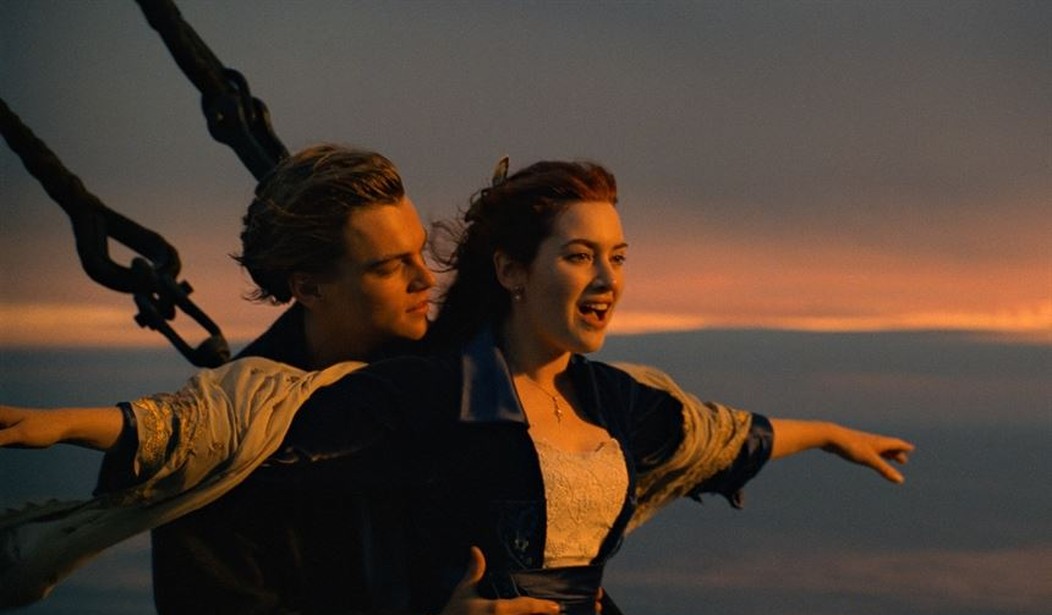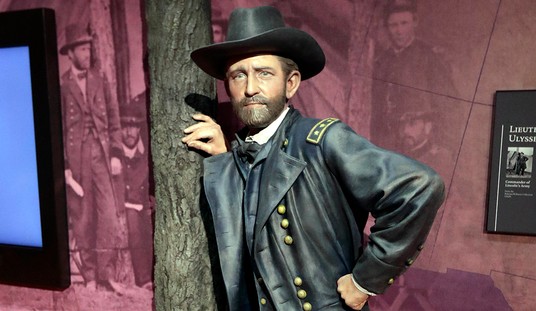There are two kinds of problems: those we know how to solve, like preventing hundreds from dying in overloaded people-smuggling boats off the coast of Greece, and those we don’t, like rescuing people from a sub 13,000 feet below the Atlantic. Willingness is lacking in the former, and technology in the latter. To some extent, the problems are apples and oranges. Solving the first requires basic law enforcement both of immigration policy and ship safety regulations; rescue, if necessary, involves mostly ordinary watercraft. Solving the second needs stuff we don’t ordinarily have, like sonar, ROVs, and advanced engineering — or may not have even invented.
The key difference between the two problems is complexity. Complexity is a big driver of difficulty, which can be thought of as the time and resources it takes to do a task. Complexity, on the other hand, is a measure of variables, dependencies, or factors required by the engineering model needed to do it. But sometimes, a small increase in complexity may lead to a big jump in difficulty. Sailors knew in principle how to save people thrown into the water off the coast of Greece thousands of years ago. Knowing how to rescue sailors trapped only a few feet below the surface took until the 20th century. Bringing back a submersible from the Titanic debris field is hard even in 2023. It’s the nonlinear relationship between difficulty and complexity that makes us underestimate it.
A potential mismatch is always there. The loss of the RMS Titanic in 1912 was the result of her new speed and momentum outpacing her old ability to sight danger. The brand new USS Thresher in 1963 may have sunk because she was unable to blow her tanks, which “was later attributed to excessive moisture in the submarine’s high-pressure air flasks—moisture that froze and plugged the flasks’ flowpaths while passing through the valve.” The Challenger space shuttle succumbed to an unexpectedly brittle rubber O-ring that allowed hot gas to blow past. A little thing overlooked.
More from Richard Fernandez for our VIP members: Taking a Second Look at the Second Decade of the 21st Century
Success with simpler engineering challenges sometimes lulls us into overconfidence. As complexity increases, the cognitive load required to anticipate the problem tends to increase unappreciated. Harold Robinson warned that complex systems are increasingly vulnerable to what he called the “competence crisis.”
In a span of fewer than six months in 2017, three U.S. Naval warships experienced three separate collisions resulting in 17 deaths. A year later, powerlines owned by PG&E started a wildfire that killed 85 people. The pipeline carrying almost half of the East Coast’s gasoline shut down due to a ransomware attack. Almost half a million intermodal containers sat on cargo ships unable to dock at Los Angeles ports. A train carrying thousands of tons of hazardous and flammable chemicals derailed near East Palestine, Ohio. Air Traffic Control cleared a FedEx plane to land on a runway occupied by a Southwest plane preparing to take off. Eye drops contaminated with antibiotic-resistant bacteria killed four and blinded fourteen.
While disasters like these are often front-page news, the broader connection between the disasters barely elicits any mention. America must be understood as a system of interwoven systems; the healthcare system sends a bill to a patient using the postal system, and that patient uses the mobile phone system to pay the bill with a credit card issued by the banking system. All these systems must be assumed to work for anyone to make even simple decisions. But the failure of one system has cascading consequences for all of the adjacent systems. As a consequence of escalating rates of failure, America’s complex systems are slowly collapsing.
The world gets more complicated, and we get more stupid. Robinson claims that “the core issue is that changing political mores have established the systematic promotion of the unqualified and sidelining of the competent. This has continually weakened our society’s ability to manage modern systems.” We don’t require competence anymore; near-zombies are wheeled in and out of Washington and nobody’s worried. Whether or not the crisis in confidence is real, the accusation will resonate in the light of the late OceanGate CEO’s recently found video about how he didn’t hire “50-year-old white guys” with military experience to captain his vessels because they weren’t “inspirational.”
“When I started the business, one of the things you’ll find, there are other sub-operators out there, but they typically have, uh, gentlemen who are ex-military submariners, and they — you’ll see a whole bunch of 50-year-old white guys,” Rush told Teledyne Marine in a newly resurfaced undated Zoom interview.
“I wanted our team to be younger, to be inspirational and I’m not going to inspire a 16-year-old to go pursue marine technology, but a 25-year-old, uh, you know, who’s a sub pilot or a platform operator or one of our techs can be.”
Was safety sacrificed for “the look”? Just as Captain Smith was urged to keep his doomed ship at speed for appearances by White Star officials on that night to remember, few will deny the importance of publicity and image considerations in modern political and corporate decision-making. This is especially true of our political elite, with their feckless willingness to remake the world through climate geoengineering, social engineering, AI, bioengineering, etc. — efforts of such complexity they make OceanGate seem like Cliff Notes — when their geriatric minds can scarcely comprehend the risks involved.
If they risk it simply because these fantastic projects poll well, signal virtue, and get them on TV, it will be partly because they feel invincible and confident that the power of earlier technology will rescue them from any disaster, little knowing this older technology may avail them little in the depths they are descending to. Complexity means a whole new ball game. But it’s easy, even for 50-year-old white guys, to underestimate the risks when you don’t even know them.
Often dealing with complexity requires learning from failure. Can our great leaders do that, or do they just double down? In remembering the sad fate of those who lost their lives on the OceanGate submersible, it’s important to remember that we too are passengers riding our own unsinkable civilization at full speed into the unknown future.
Editor’s note: Become a VIP member to support Richard’s work at PJ Media. You’ll gain access to exclusive columns by Richard and other PJ Media contributors while supporting our thoughtful, incisive commentary. Use the promo code SAVEAMERICA for a 50% discount on your membership. Sign up here.









Join the conversation as a VIP Member